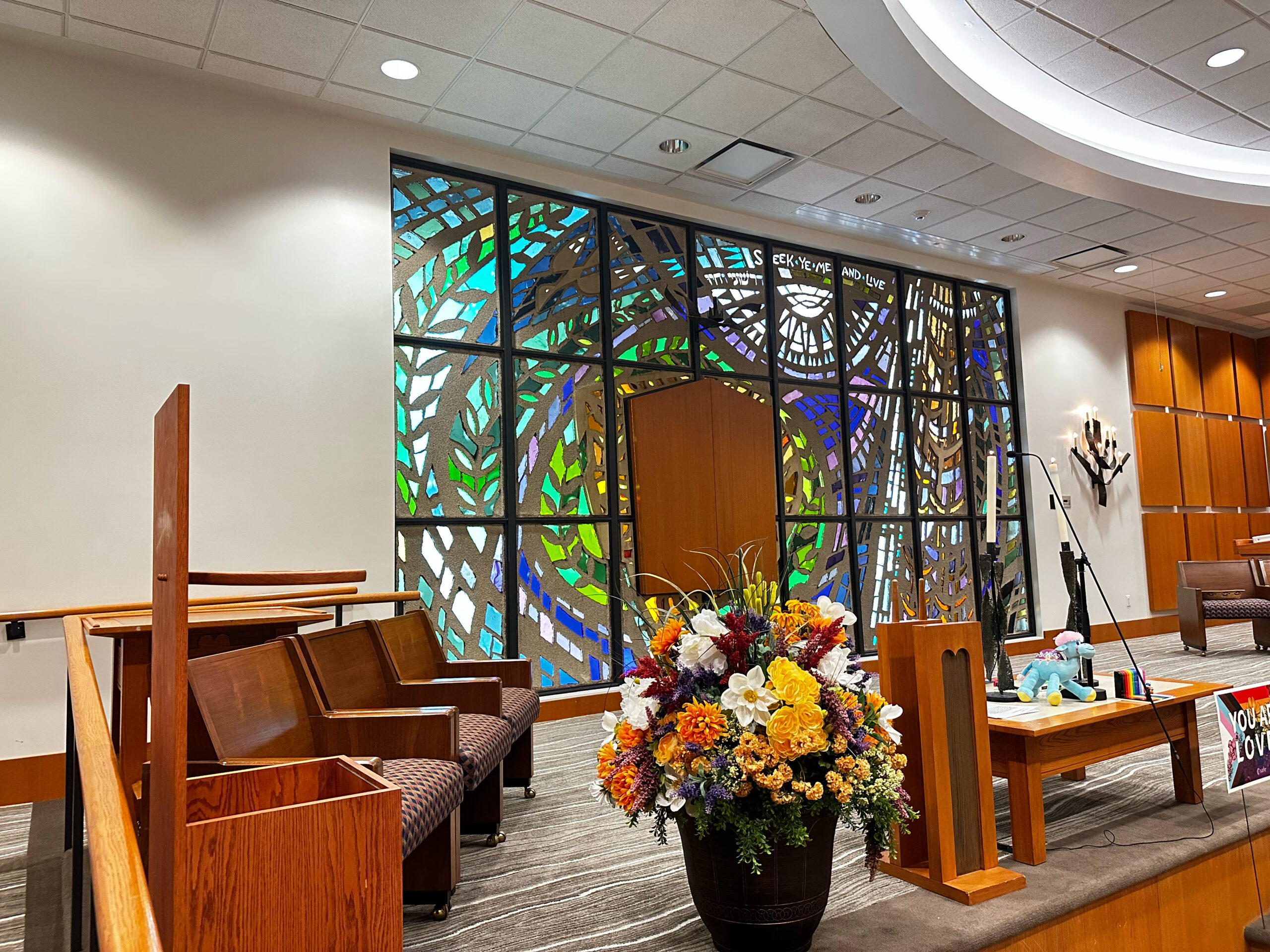On Friday, October 13, Temple Beth El, a progressive Reform synagogue located in Madison, set a remarkable example by installing a 102-kilowatt solar array. Full Spectrum Solar installed the array, which is expected to save the synagogue approximately $12,000 annually.
The array will offset 31.5% of their projected annual energy consumption, contributing significantly to their sustainability goals, which are aligned with aspects of their overall mission. For more than 84 years, Temple Beth El has remained dedicated to its vision to create and sustain a vibrant, inclusive, and engaged community that connects individuals from all walks of Reform Jewish.
Affiliated with the Union for Reform Judaism, Temple Beth is the sole Reform Jewish congregation in Madison, providing a welcoming haven for Jewish people to come together and fulfill their spiritual, educational, ethical, social, and emotional needs and expectations.
The decision to install solar panels was not one that was taken lightly. In 2018, the temple established a task force to review investment priorities for its 75-year-old building. Recognizing that their roof offered an ideal space for solar panels, they made necessary improvements to support the longevity of the installation. This solar initiative serves two crucial goals for their community: reducing their carbon footprint and reliance on fossil fuels and lowering their energy costs.
The success of this solar initiative was made possible through multiple funding sources. Temple Beth El was a grant recipient of the Solar for Good program, which supplied them with half of the solar panels required for the project. Additional financial assistance came from the Goodman Foundation, which helped offset the costs of the remaining solar panels. With the passage of the Inflation Reduction Act’s Elective Pay provision, the temple will receive a 30% refund from the federal government, significantly reducing the overall project cost.
The completion of Temple Beth El’s solar array is a testament to their commitment to both environmental sustainability and fiscal responsibility. By harnessing the power of the sun, they are taking strides to reduce their carbon footprint and inspire their community to follow suit. This initiative not only aligns with their vision of inclusivity but also paves the way for a greener and more energy-efficient future.
Temple Beth El’s solar journey serves as a reminder of the importance of collective action to electrify Wisconsin’s energy mix and transition away from fossil fuels. With its newly installed solar array, the organization has not only reduced its carbon footprint but also set a compelling example for others to follow.

